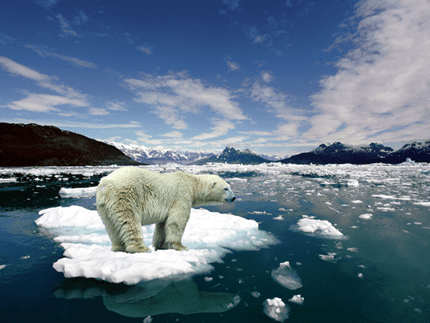Thinking skills allow you to use your brain more effectively and efficiently. You can use the thinking skills in every subject to deepen your thinking.
The Five Thinking Skills:
- Information processing
- Reasoning
- Enquiry
- Creative thinking
- Evaluation
Skill One: Information Processing
These enable you to locate and collect relevant information, to sort or classify that information and to compare and contrast the information.
One way to do this is a collective memory, which is an excellent way of revising.
- Place your revision resource (for example a summary poster or mind map) on one side of the room and a plain piece of paper on the other.
- Think about how you are going to collect the information. For example diagrams first, top half first, etc.
- Look at your poster for 20 seconds.
- Move to the plain sheet of paper and try to recreate your revision resource.
- Repeat twice more and then think about your strategy. Is it working, do you need to change it?
- Carry on, until you think that your poster is the same as your revision resource.
- Check your revision resource. Did you miss any parts? These are the bits that you need to focus on next time.
See the links below for subject specific examples of collective memories.
Science KS3 Aerobic Respiration Collective Memory
Maths Angles Collective Memory
Skill Two: Reasoning
These enable you to give reasons for opinions and actions, to draw inferences and make deductions and to use precise language to explain what you think and why.
One way to do this is to use a fortune line. You graph an individual’s fortune or emotions over a period of time. This can be a fictitious character or a real person.
You then need to justify the position of the line, this will significantly improve your reasoning skills.
Religious Education Example: The events leading up to the resurrection of Jesus

Now justify the position of your lines for Mary, Judas and Peter (This is the main activity that will allow you to practise your reasoning skills).
- How does your line for Mary compare to the line for Peter?
- Why are there differences in the lines?
- Why might another person draw the lines slightly differently?
Skill Three: Enquiry
These enable you to ask relevant questions, to identify problems, predict outcomes and consequences, test conclusions and improve ideas.
One way to do this is to use the 5Ws – who, what, where, why, when?
This will encourage you to ask relevant questions about a source or a piece of writing and this will enable you to develop your thinking further.
After you have thought of your questions, you need to decide which ones are the most relevant and which ones would enable to you to find out the most information.
GCSE Biology Example: An Introduction to Dialysis

Possible questions
- Who is the person?
- Who attached the person to the machine?
- What does the machine do?
- What does the machine measure?
- What happens to the blood in the machine?
- Where is this happening?
- Why are they attached to the machine?
- Why does the blood need to be removed from the body?
- Why are they there?
- Why are there two tubes attaches to the person?
- When is this happening?
Skill Four: Creative-thinking
These enable you to generate and extend ideas, to suggest hypotheses, apply imagination and to look for alternative outcomes.
One way to do this is reading images, for example using an image to predict what has caused a situation to occur and where it might lead in the future.
For example

| Before, before | Before | Now | After | After, after |
| Industrial revolution causes the first significant increase in the atmospheric CO2 concentration. |
Increased use of fossil fuels for generating electricity and vehicles. Atmospheric CO2 concentrations continue to increase. Scientists start to notice change in global temperatures, but people are reluctant to make changes to their lifestyles. |
Continued, increasing CO2 concentration is increasing the impact of the greenhouse effect and global temperatures are rising at their quickest rate. Ice caps are melting.
Polar bears have limited habitat left. The population is starting to decrease. |
Sea ice starts to melt earlier and earlier in the year. More polar bears starve to death, because they can’t use the sea ice to hunt for seals. | Sea ice melts too early for the polar bears. The bears that are left move closer to areas where humans live, looking for food. More conflict between humans and polar bears. Polar bears on brink of extinction. |
Skill Five: Evaluation
These enable you to judge the value of what you read, develop criteria for judging the value of your own, or other people’s, work and to have confidence in your judgements.
One way to do this is to use the de Bono thinking hats.
The blue hat forces you to think about your thinking. This is really important because it allows you to think about how effective your thinking was and how you would improve your thinking next time.

See the links below for subject specific examples of using the de Bono hats to evaluate.

